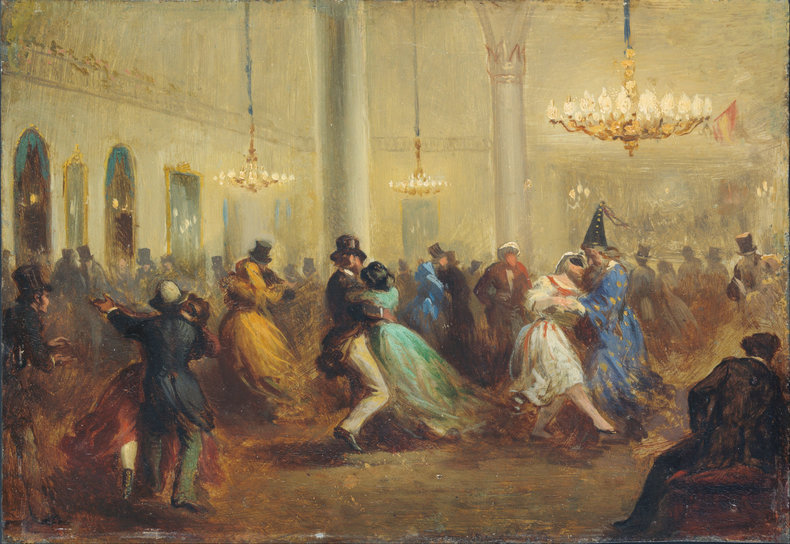
Politeness
Rules of politeness often call for a display of fiction. For example, in Japan it is common to bow as a rule of politeness that displays humility and respect. This can occur where there is no actual humility or respect in the relationship.Facial Expressions
Norms of facial expressions such as smiling to create a relaxed atmosphere. For example, smiling at a neighbor to let them know that you hold no ill will towards them. This can occur where you're not feeling emotions that are compatible with smiling.Insincerity
Insincerity such as pretending to be friends with someone who you intensely dislike because they have high social status or authority.Denial
The ability of groups to deny a truth if it is inconvenient to social cohesion. For example, a corporation that creates economic bads such as pollution where there is a culture of avoiding this topic.Groupthink
Groupthink is an intense ideological environment whereby members of a group must pretend to believe what everyone else in the group pretends to believe or face shunning by the group. This is led by self-appointed thought leaders and thought police who map out and enforce the ideology.Elephant in the Room
An elephant in the room is a topic that is on everyone's mind that people avoid because it is socially awkward in some way. For example, an extended family that doesn't mention a recent divorce in the family at a Christmas gathering.Saving Face
Saving face is when a group helps an individual to avoid embarrassment. For example, coworkers who make positive comments after you give a presentation that was obviously a failure.Notes
Although polite fictions aren't true they aren't necessarily irrational as they may have significant value in creating civility and all of its fruits such as economic stability. As such, polite fictions may be vigorously defended by groups acting in their own best interests.| Overview: Polite Fiction | ||
Type | ||
Definition | The ability of groups to substitute fiction for reality when it is conductive to group harmony. | |
Related Concepts | ||




















